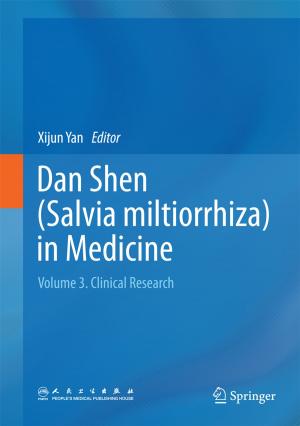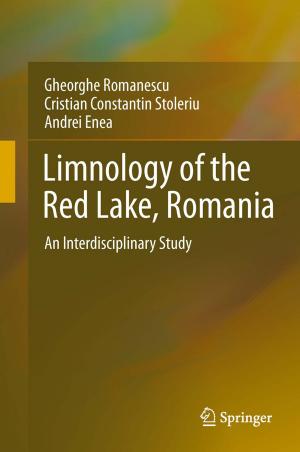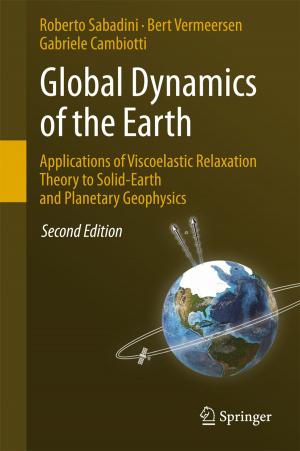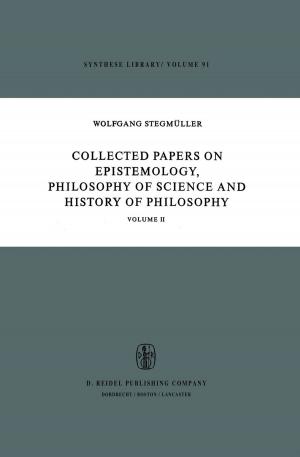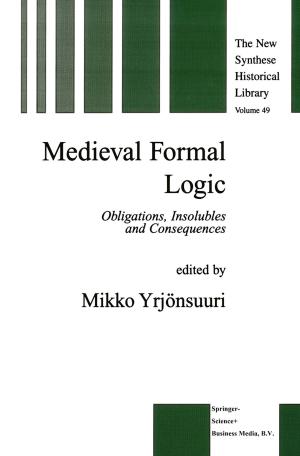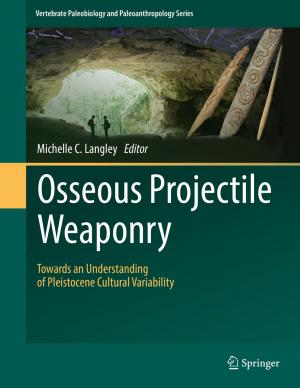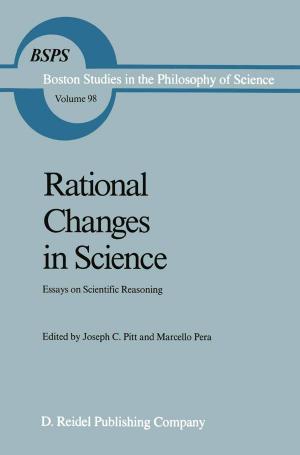Enjoyment
From Laughter to Delight in Philosophy, Literature, the Fine Arts, and Aesthetics
Nonfiction, Religion & Spirituality, Philosophy, Phenomenology, Aesthetics| Author: | ISBN: | 9789401714259 | |
| Publisher: | Springer Netherlands | Publication: | March 14, 2013 |
| Imprint: | Springer | Language: | English |
| Author: | |
| ISBN: | 9789401714259 |
| Publisher: | Springer Netherlands |
| Publication: | March 14, 2013 |
| Imprint: | Springer |
| Language: | English |
Philosophy, art criticism and popular opinion all seem to treat the aesthetics of the comic as lightweight, while the tragic seems to be regarded with greater seriousness. Why this favouring of sadness over joy? Can it be justified? What are the criteria by which the significance of comedy can be estimated vis à vis tragedy? Questions such as these underlie the present selection of studies, which casts new light on the comic, the joyful and laughter itself. This challenge to the popular attitude strikes into new territory, relating such matters to the profundity with which we enjoy life and its role in the deployment of the Human Condition. In her Introduction Tymieniecka points out that the tragic and the comic might be complementary in their respective sense-bestowing modes as well as in their dynamic functions; they might both share in the primogenital function of promoting the self-individualising progress of human existence.
For the first time in philosophy, laughter, mirth, joy and the like are revealed as the modalities of the essential enjoyment of life, being brought to bear in an illumination of the human condition.
Philosophy, art criticism and popular opinion all seem to treat the aesthetics of the comic as lightweight, while the tragic seems to be regarded with greater seriousness. Why this favouring of sadness over joy? Can it be justified? What are the criteria by which the significance of comedy can be estimated vis à vis tragedy? Questions such as these underlie the present selection of studies, which casts new light on the comic, the joyful and laughter itself. This challenge to the popular attitude strikes into new territory, relating such matters to the profundity with which we enjoy life and its role in the deployment of the Human Condition. In her Introduction Tymieniecka points out that the tragic and the comic might be complementary in their respective sense-bestowing modes as well as in their dynamic functions; they might both share in the primogenital function of promoting the self-individualising progress of human existence.
For the first time in philosophy, laughter, mirth, joy and the like are revealed as the modalities of the essential enjoyment of life, being brought to bear in an illumination of the human condition.


